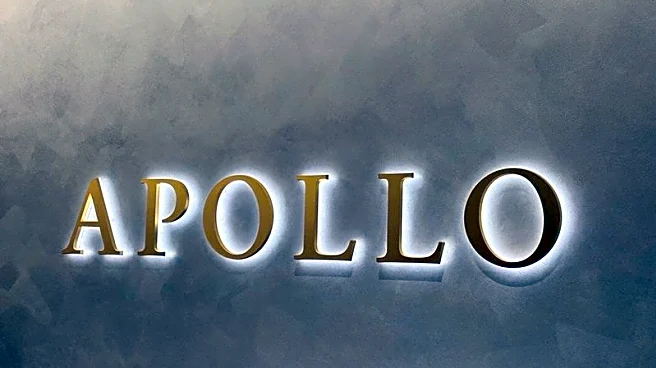What's Happening?
The GZDoom community, known for its open-source development of Doom mods, is experiencing a significant split. This division arises from the decision by GZDoom creator Cristoph Oelckers to incorporate AI-generated code into the project. A faction of developers,
led by Nash Muhandes, has formed a new fork called UZDoom, advocating for transparent collaboration and opposing the use of AI tools in the project. The controversy highlights longstanding tensions within the community regarding project leadership and the role of AI in open-source development.
Why It's Important?
The split within the GZDoom community underscores the broader debate over the integration of AI in software development, particularly in open-source projects. This development could influence how other open-source communities approach AI-generated contributions, potentially affecting collaboration models and project governance. The controversy also raises questions about the ethical implications of using AI-generated code, which may impact future software development practices and the acceptance of AI tools in the industry.
What's Next?
The formation of UZDoom suggests a shift towards more collaborative and transparent development practices, which may attract developers who are wary of AI's role in coding. The GZDoom community will likely continue to debate the merits and drawbacks of AI-generated code, potentially influencing other open-source projects. Stakeholders in the software development industry may need to address the ethical and practical challenges posed by AI integration, shaping future policies and standards.
Beyond the Headlines
The controversy within the GZDoom community highlights the cultural and ethical dimensions of AI use in software development. As AI tools become more prevalent, developers must navigate the balance between innovation and ethical responsibility. This situation may prompt discussions about the long-term impact of AI on creativity and collaboration in open-source projects, influencing the evolution of software development culture.


















